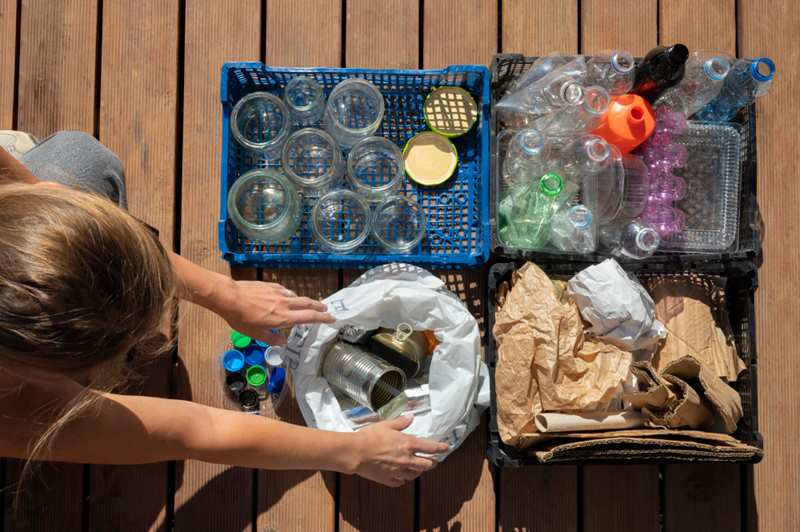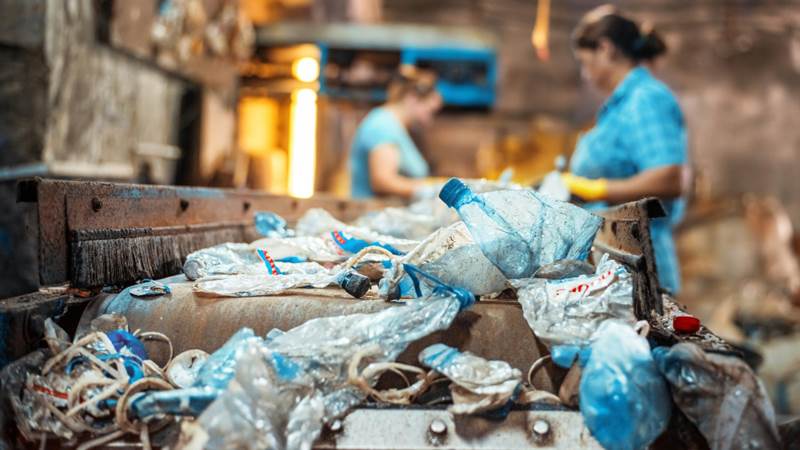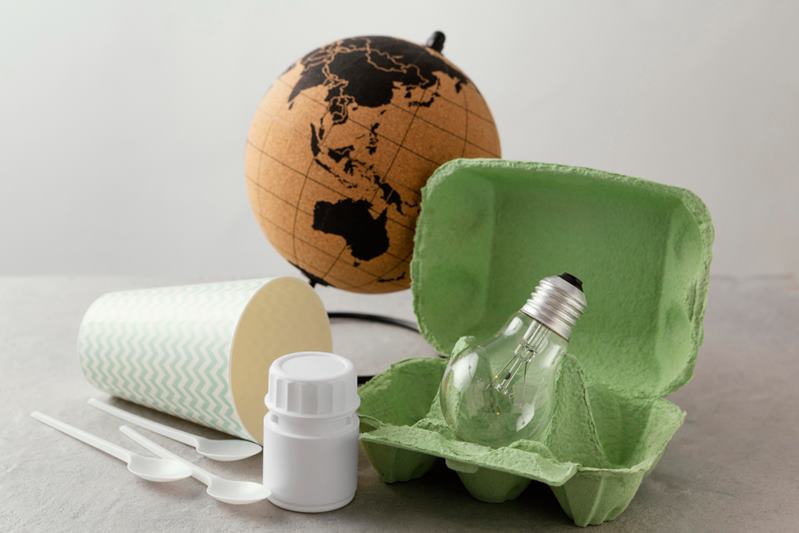How to properly sort garbage
Every person is a constant source of household waste. Therefore, the responsibility for environmental sustainability solutions rests on our shoulders. If you don’t start sorting waste and reusing it today, then in a couple of decades our planet will turn into one big landfill.
The organization of a general waste separation system is based on the idea of independent waste sorting for each person, understanding the importance of the process for the entire population. If you carry out household garbage separation, this will help eliminate the costs of industrial separation and preserve the environment.
Why separation of waste is so important? This is necessary to ensure that less synthetic waste ends up in landfills. During their slow decomposition, harmful gases are released – noxious compounds and substances penetrate the soil and surface waters. The consequences of their impact are catastrophic both for trees, grasses, birds, and animals, and for human health.
Advantages of waste separation
The waste sorting technique has many positive aspects that affect the environment, human health and resource savings. The main advantage of sorting household waste is the elimination of environmentally hazardous situations caused by large landfills. At these sites, garbage begins to rot, which leads to the spread of bacteria and toxic products that can penetrate groundwater and contaminate the soil.
In addition, waste separation is beneficial for the economy. Recycling materials such as glass and metal saves natural resources that would otherwise be used to produce new materials.
Trash sorting also helps reduce pollution of soil and water resources, which is important for preserving ecosystems and biodiversity. This practice significantly increases environmental awareness among the population and promotes a more responsible attitude towards the environment.

Categories for sorting waste
Garbage separation is a mandatory step before recycling. In Europe and the USA, a system of separating waste into several categories has been practiced for many years.
Paper
Paper products can withstand 4-5 repeated processing, and then are written off as unusable. By handing over waste paper, we help reduce deforestation – a valuable and vital resource. However, it is important to remember that not all paper products are recyclable. This includes store receipts, laminated paper, wallpaper, greasy and dirty paper, foil.
Glass
Glass products are unique raw materials for recycling because there are no cycle restrictions. Reusing this material is beneficial not only for manufacturers but also for people involved in the collection and disposal of cullet. Bottles, glassware, medicine and perfume bottles can be recycled. Items such as ceramics, mirrors, light bulbs and crystal glass must be disposed of separately.
Plastic
How is plastic sorted for recycling? First of all, they are marked. For ease of sorting, the category of plastic is indicated on each item: polyethylene and polypropylene. The first group is subject to recycling; for the second, a separate type of disposal is selected. Several categories of plastic must be recycled: plastic bottles, shampoo jars, bags, disposable tableware, and plastic containers.
Metal
This is one of the most popular types of waste. Various types of residues can be recycled, resulting in waste reduction and cost efficiency. It is important to remember that before recycling metal waste, it should be cleared of any foreign materials such as plastic, glass or wood, and the different types of metal should be separated from each other, as this will make the recycling process easier and better.
Aluminum products, cans, metal lids, and foil containers can be recycled. It is strictly forbidden to mix batteries and aerosol cans with other waste.
Organic waste
These residues have animal or plant origin: potato peelings, vegetables, herbs, bones, meat, etc. For effective disposal, you can use a disposer, which will greatly simplify the recycling process. However, the best and most environmentally friendly method is composting, which can be done in a personal plot and even in an apartment. As a result of composting, we obtain fertilizer that is always useful in the garden.
In addition to the main categories of waste, we can highlight textiles or old electronic equipment that serve as recyclable materials. These categories are disposed of separately.
Effective waste sorting at home
Separating waste begins at home, and there you can often encounter various difficulties. How to effectively sort plastic, paper, metals and biodegradable waste in a limited space? Is it possible to organize separate trash containers without sacrificing interior aesthetics?
Remember that environmental awareness starts with you. Let’s make our planet cleaner.




